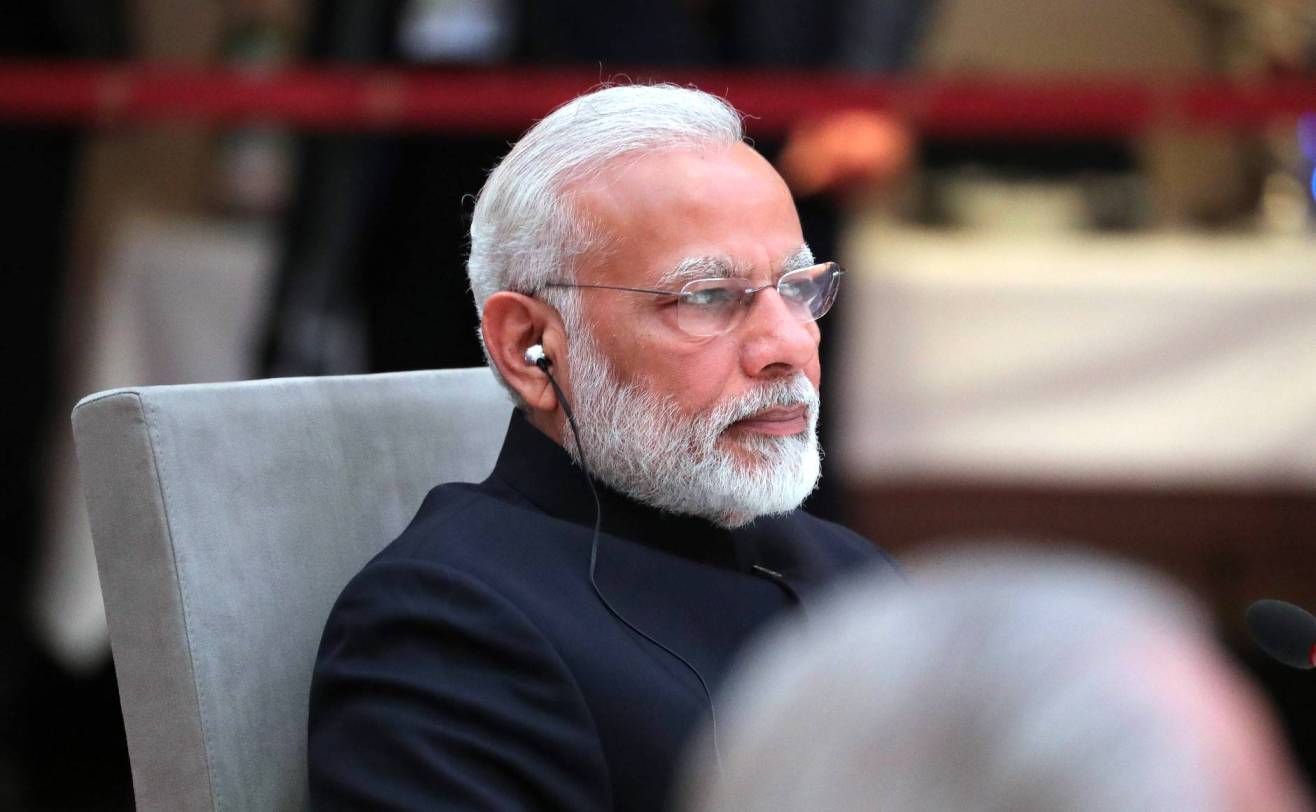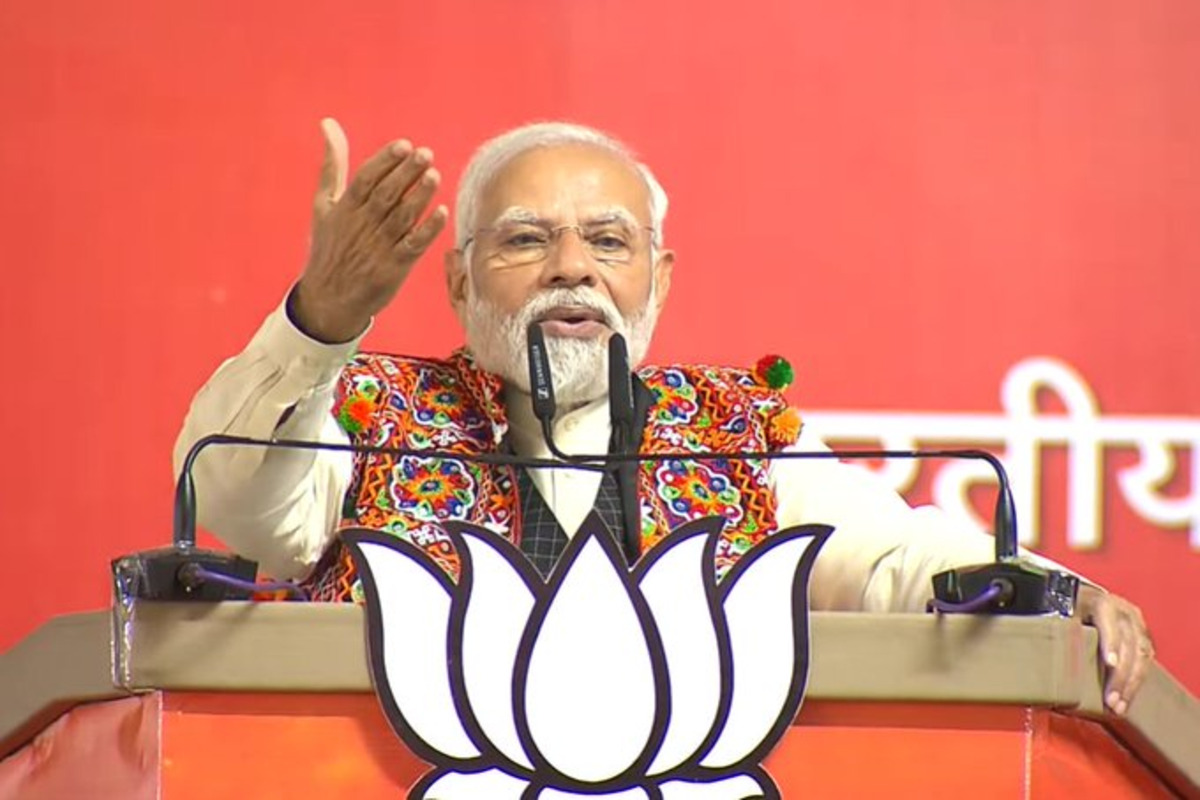By the time you read this, you may know more than I do as I write it, but some conclusions about the US presidential election are already certain. First, this has been essentially a re-run of the 2016 presidential poll, when Hillary Clinton was the Democratic nominee four years ago. The final Electoral College tally and therefore the presidency may still be in doubt, but we already know the popular vote as the knife-edge race tilted toward Democrat┬ĀJoe Biden┬Āearly on November 5, with wins in Michigan and Wisconsin bringing him close to a majority. President Donald Trump claimed he was being cheated and went to court to try and stop the vote counting. His allegation of a giant ŌĆ£fraud on the American peopleŌĆØ is not a reckless statement made in the heat of the moment by a losing candidate. There is no doubt that this chest-beating was a calculated move to discredit a late surge of Democrat votes as postal ballots are counted.
The tragedy is that this ŌĆ£blue shiftŌĆØ syndrome has become a set pattern of the US presidential elections. More so this year after 100 million US citizens voted through the postal ballot or in advance as they tried to dodge the Coronavirus bullet. Trump has been trying for days, in the run-up to the election, to defame postal ballots and to assail the credibility of the US electoral system. Not something that is particularly difficult for him to do considering the fact that he controls the Justice Department, and the Republicans dominate the executive machinery of swing States.┬Ā
However, as the momentum moved to Biden, the unfazed politician made a televised speech from his hometown of Wilmington, Delaware, to say that ŌĆ£when the count is finished, we believe we will be the winners.ŌĆØ But does Biden not realise that there is no more a guarantee of victory than Hillary ClintonŌĆÖs three million majority in 2016?
So the Electoral College is as big a problem as ever, and the ŌĆ£great demographic shiftŌĆØ that was going to make a Republican victory impossible is still becalmed somewhere over the horizon. Second, the Republicans will most likely keep their majority in the Senate, in which case they can block any new legislation the Democrats want to pass even if Biden does win the presidency. That includes any attempt to tackle the Electoral College issue, which was a fairly forlorn hope in any case. Not winning the Senate also means the Democrats cannot create new Supreme Court judges, which is their only possible way to roll back the Republican policy of packing that court with conservative appointees (currently a six-three majority). In that case Supreme Court decisions that will probably re-ban abortion and dismantle former President ObamaŌĆÖs healthcare reforms, will be impossible to reverse.
Finally, the culture war that already obsesses and disfigures the US will continue. Indeed, it will intensify if Trump loses the election and continues to deny it and claim fraud. Losing the presidency is virtually an existential question for him, since without it he would be exposed to an avalanche of legal charges. There has been some speculation that an amnesty would encourage him to accept his electoral defeat and leave the White House quietly, and that would be a good idea if it could actually work. Unfortunately, even a victorious Biden could only offer Trump an amnesty for federal charges, and some of TrumpŌĆÖs worst legal problems are at the State level.
So Trump must hang on to the leadership of the Republican Party and mount as many legal challenges as possible for his own survival. Back in his real-estate days, his first reflex was to tie his opponents up in court battles, even if the courts were ultimately likely to decide against him. At the very least that was a way of buying more time, and now thereŌĆÖs also the slim chance that some key lower-court decision might be appealed all the way up to his friends on the Supreme Court. The battle in the courts will be long and exhausting, and thereŌĆÖs not going to be any ŌĆ£closureŌĆØ or ŌĆ£healingŌĆØ in the US in the aftermath of the election.
At the time of writing this column, it looks like Joe Biden will win and become the 46th President of the US but his victory will be as unconvincing in the eyes of foreigners as it is to many of his fellow Americans. A conclusion that has been growing elsewhere about the US since 2016 has only been strengthened by this election: America is not to be trusted. Are they to be trusted as partners and/or allies? For example, within few inches of victory, Biden immediately announced that if he wins, the US will rejoin the Paris Climate Agreement (which the US officially quit on November 4), but it is actually a treaty and heŌĆÖll never get ratified by the Senate. Obama got around this once by pretending it wasnŌĆÖt really a treaty, but itŌĆÖs hard to get away with that trick twice. The same goes for the USŌĆÖ existing alliances and trade deals. They may be safe under a Biden presidency but other countries would be unwise to count on them for the long term. The partners and allies will have to start looking for insurance elsewhere, because it is now clear that Trump was not a fluke. The ŌĆ£other AmericaŌĆØ is permanently just one roll of the electoral dice away from regaining power, and it is both ugly and unreliable.
(Gwynne DyerŌĆÖs new book is ŌĆśGrowing Pains: The Future of Democracy and Work.ŌĆÖ)








 OpinionExpress.In
OpinionExpress.In















Comments (0)